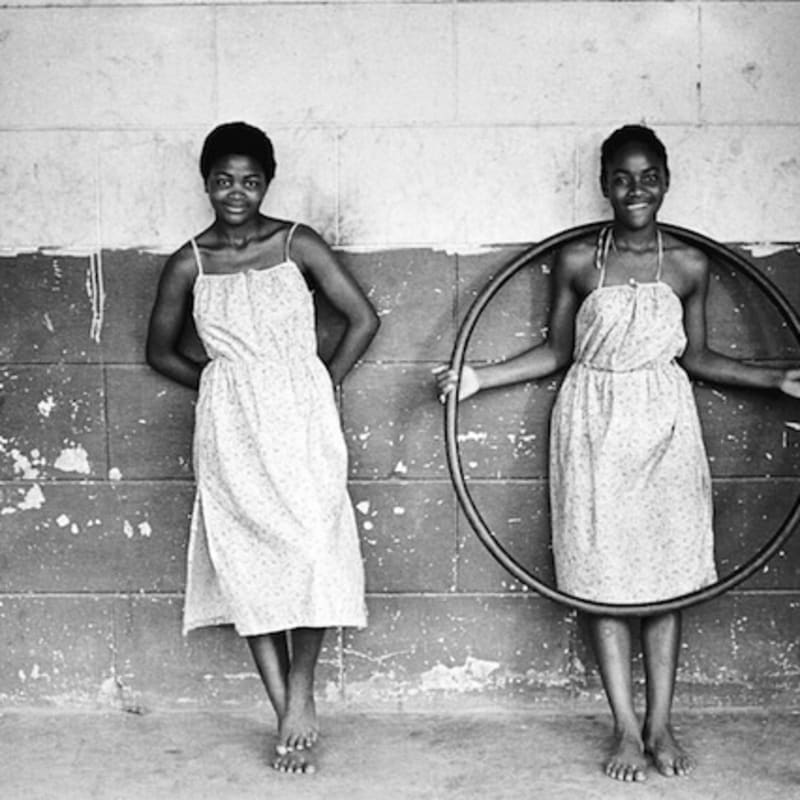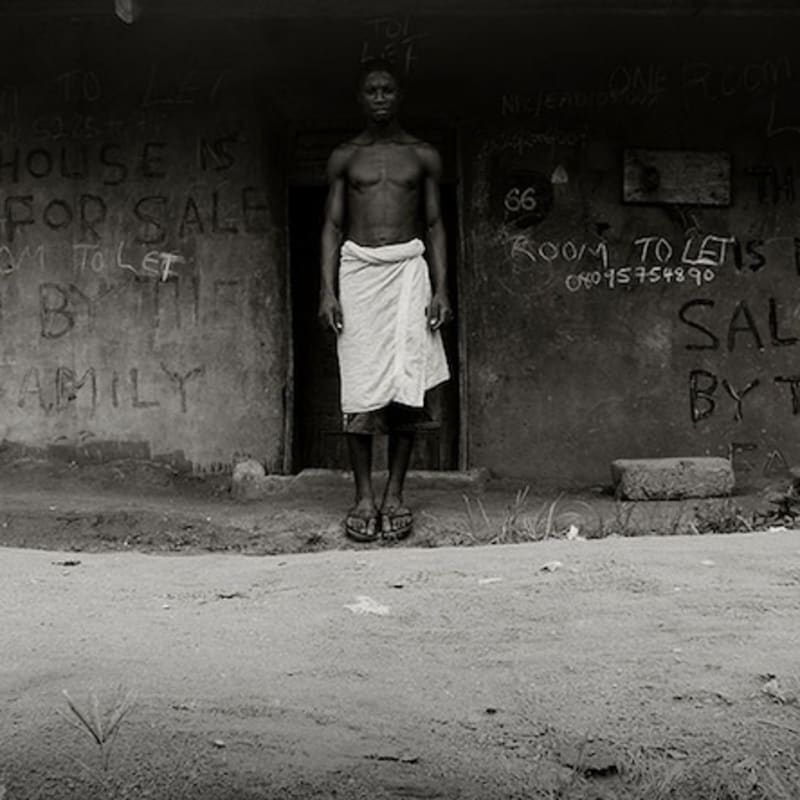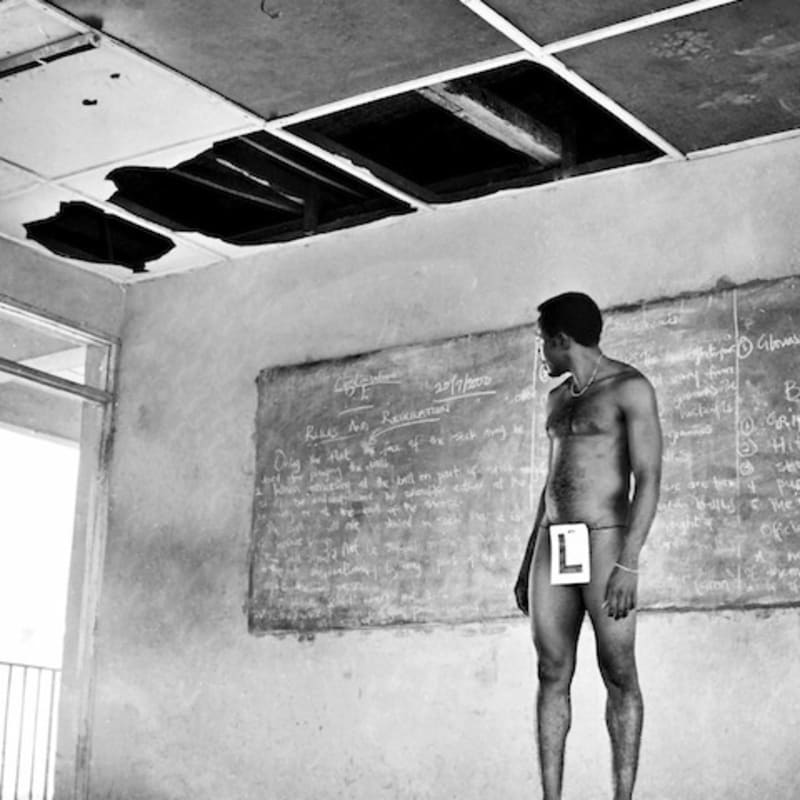From September 6-7, Omenka will present recent works by Cedric Nunn (South Africa), Uche James-Iroha (Nigeria), and Chibuike Uzoma (Nigeria), who draw from their individual experiences and the economic and socio-political realities of the countries they reside in.
Nunn’s photographs from this series centre on South Africa’s recent social and political history and are a personal commentary on societal ills and poor living conditions of blacks in Johannesburg. Captured are significant events like the forced exodus of the people in KwaZulu-Natal and the Mozambican civil war, which began in 1977 and claimed a reported 1 million people while displacing 5 million others. Of importance is the fact that the photographs are shot in black-and-white, which lends to their historical significance. The artist reveals, “I was particularly struck by the racism in my own mixed-race community and sought to understand this and why it was that mixed-race people were so prone to alcoholism, unemployment, broken marriages, teenage pregnancy, and other social ills.” For example, A tenant farmer family evicted from white-owned land from 1988, photographed in Weenen, KwaZulu-Natal, is a quiet but strong image for the system of oppression. However difficult their circumstances are, Nunn manages to preserve their dignity in an incredibly sensitive and truthful way, betraying his compassion and sense of responsibility to his people.
James-Iroha’s Learner series is a body of work that responds to the challenge of our identity crisis in the African continent by seeking to interrogate the concept of knowledge especially as its tenets vacillate across diverse cultural spaces. Here, the almost naked model, clad in humour, is at the centre of James-Iroha’s constructed images with the classroom space as a metaphor for the economic realities of Africa, inseparable from our quest to establish, understand and assert our identity. The series is inspired by the heroism of local knowledge and the way its value and meaning changes with different locations. Ultimately, it aims to celebrate the natural human ability to acquire and process data in ways peculiar and personal while asking several questions; why does knowledge change as we move? What inspires these changes? And can we use these results to understand who we are in resolving our identity crisis?
Uzoma’s Elements is a continuing series of work in which the artist draws comparisons between chemical substances that retain their intrinsic nature and the lack of basic social amenities and infrastructure including housing, prevalent in many African countries. In his work, Uzoma exposes cultural and socio-political issues that are deeply associated with Nigeria’s history and are interconnected with the impact of globalization. The photograph, Pit Toilet is at once a metaphor for the moral and social decadence of Nigerian society, as well as a documentation of the use of the pit latrine, a cheap and basic form of sanitation consisting of a large container to collect human excreta. This system is still much in use in developing countries despite the influence of globalization. The series is thus a critique of corrupt leadership who proffer cosmetic solutions to persistent issues.



